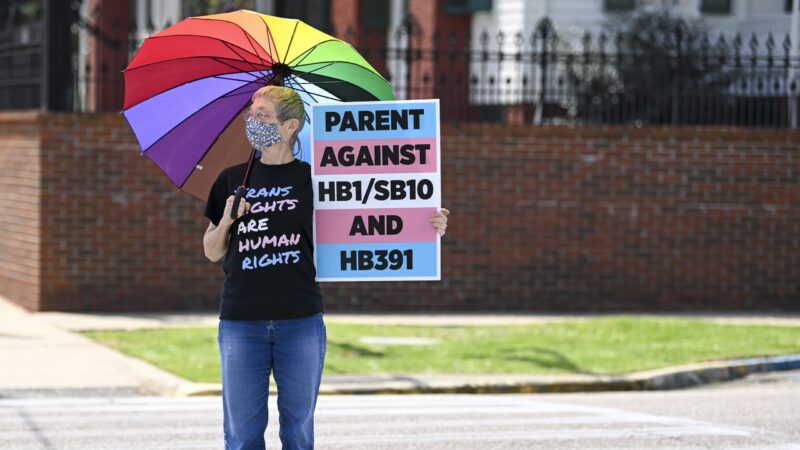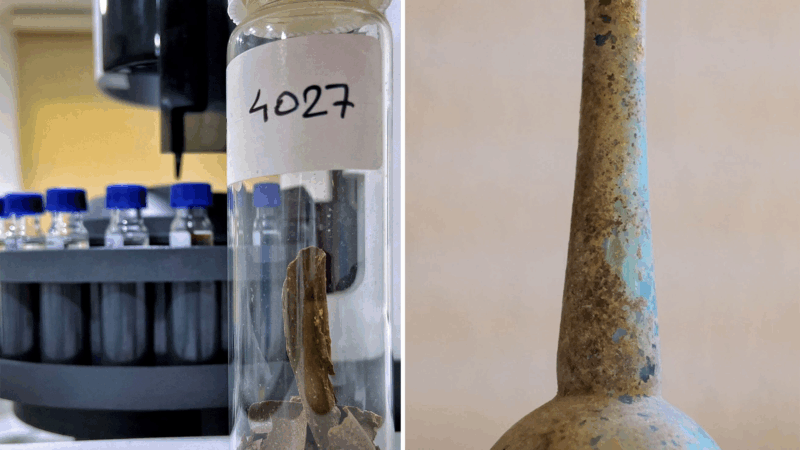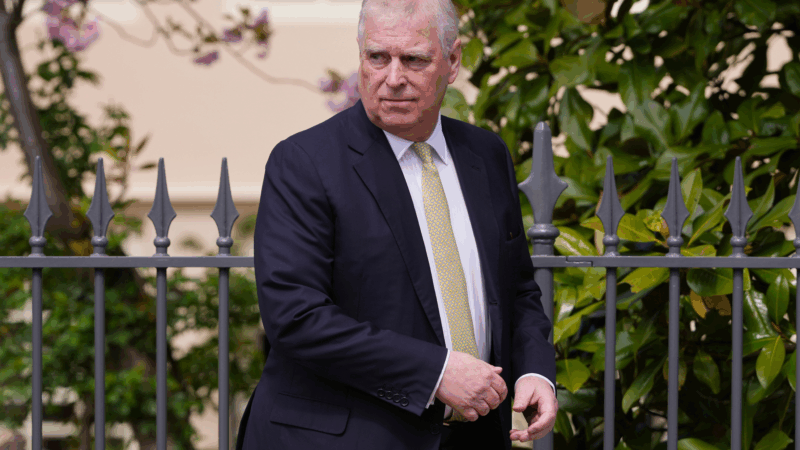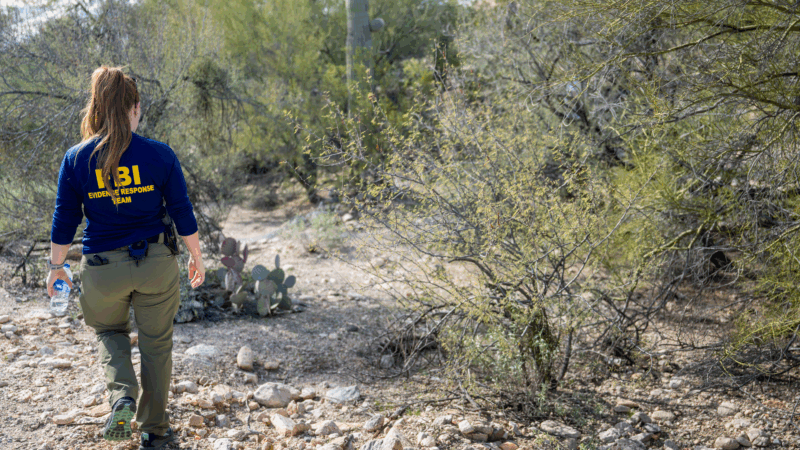Transgender medication law in Alabama blocked by judge
Jan Newton crosses the street to attend a rally held to draw attention to the anti-transgender legislation introduced in Alabama on March 30, 2021, at the Alabama State House in Montgomery, Alabama.
MONTGOMERY, Ala. (AP) — A federal judge on Friday blocked part of an Alabama law that made it a felony to prescribe gender-affirming puberty blockers and hormones to transgender minors.
U.S. District Judge Liles Burke issued a preliminary injunction to stop the state from enforcing the medication ban, which took effect May 8, while a court challenge goes forward. The judge left in place other parts of the law that banned gender-affirming surgeries for transgender minors, which doctors had testified are not done on minors in Alabama. He also left in place a provision that requires counselors and other school officials to tell parents if a minor discloses that they think they are transgender.
The Vulnerable Child Compassion and Protection Act made it a felony, punishable by up to 10 years in prison, to prescribe or administer gender-affirming medication to transgender minors to help affirm their new gender identity.
Burke ruled that Alabama had produced no credible evidence to show that transitioning medications are “experimental” while, “the uncontradicted record evidence is that at least twenty-two major medical associations in the United States endorse transitioning medications as well-established, evidence-based treatments for gender dysphoria in minors.”
“Enjoining the Act upholds and reaffirms the ‘enduring American tradition’ that parents—not the states or federal courts—play the primary role in nurturing and caring for their children,” Burke wrote in the opinion.
The legislation was part of a wave of bills in Republican-controlled states regarding transgender minors, but was the first to levy criminal penalties against the doctors who provide the medications. In Arkansas, a judge blocked a similar law before it took effect. The U.S. Department of Justice and four families with transgender children challenged the Alabama law as discriminatory, an unconstitutional violation of equal protection and free speech rights and an intrusion into family medical decisions.
“This is a huge relief for transgender children and their families,” Dr. Morissa Ladinsky, a pediatrician who founded a Birmingham medical team that treats children with gender dysphoria, said late Friday.
“The court’s decision recognizes that this is well established care that has been endorsed by 22 major medical associations. This decision will ensure transgender children in Alabama, and beyond, can continue to receive this evidence-based well-known life-saving care.”
Representatives for Alabama Gov. Kay Ivey and Attorney General Steve Marshall could not immediately be reached for comment late Friday night.
The state attorney general’s office argued that the use of the medications is unsettled science, and thus the state has a role in regulation to protect children. During a court hearing before Burke, state attorneys argued European countries take a more conservative approach to the medications. Alabama lawmakers, who approved the bill this spring, said decisions on the medications should wait until adulthood.
“I believe very strongly that if the Good Lord made you a boy, you are a boy, and if he made you a girl, you are a girl,” Ivey said when she signed the legislation last month.
The judge said Alabama’s evidence was not persuasive. He noted a psychologist who testified that most children grow out of gender dysphoria had never provided care to a transgender minor under the age of sixteen. The state’s other witness was a woman who testified that she regretted taking testosterone at age 19.
The American Academy of Pediatrics and the Pediatric Endocrine Society both endorse the treatments that clinics here and in other states are providing for transgender youth. More than 20 medical and mental health organizations urged Burke to block the law.
That ain’t perfume! Ancient bottle contained feces, likely used for medicine
Researchers found a tiny bottle from ancient Rome that contained fecal residue and traces of aromatics, offering evidence that poop was used medicinally more than 2,000 years ago.
Britain’s former Prince Andrew arrested on suspicion of misconduct in public office
Andrew Mountbatten-Windsor, formerly Prince Andrew, has been arrested on suspicion of misconduct in public office.
Urban sketchers find the sublime in the city block
Sketchers say making art together in urban environments allows them to create a record of a moment and to notice a little bit more about the city they see every day.
Epstein once attended an elite arts camp. Years later, he used it to find his victims
Jeffrey Epstein and Ghislaine Maxwell lavished money on the Interlochen Center for the Arts to gain access, documents show — even funding an on-campus lodge they stayed in. In the process, two teenagers were pulled into their orbit.
How a recent shift in DNA sleuthing might help investigators in the Nancy Guthrie case
DNA science has helped solve criminal cases for decades. But increasingly, investigative genetic genealogy — which was first used for cold cases — is helping to solve active cases as well.
An unsung hero stepped in to help a newly widowed mom in a moment of need
Barbara Alvarez lost her husband in 2017, just before their daughter went off to college. Her unsung hero helped her find the strength to be a single mother to her child at a key moment in their lives.







